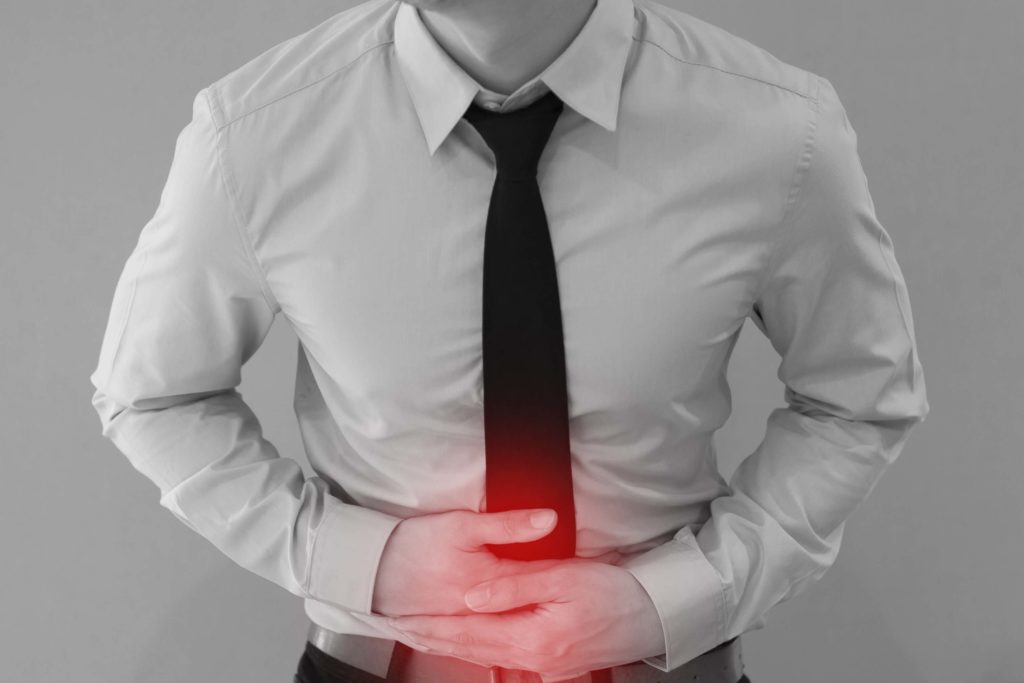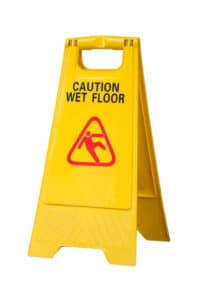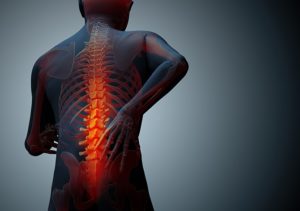When it comes to food, things do not always go so smoothly. There are times when you may go to dinner and get home feeling less than jovial. If you have recently experienced food poisoning and wish to pursue legal action, attorneys that specialize in personal injury law have the experience to look at the facts and help you understand what the next steps should be regarding your situation.
Food poisoning can range from simply uncomfortable to life-threatening. Particularly damaging effects of food poisoning include loss of work and hospitalization. In cases where large amounts of people were affected by the same foodborne pathogen, such as the Foster Farms salmonella outbreak, it may be easier for your attorney to prove liability and substantiate the claims that the provider of the food was responsible. In other, smaller-scale situations, the cases can become more complicated.
The three most common legal theories, as they apply to food poisoning, assessing related injuries, and finding fault in the defective product (food) are as follows:
Strict Product Liability
Strict product liability, as defined by TheFreeDictionary.com, means “absolute legal responsibility for an injury that can be imposed on the wrongdoer without proof of carelessness or fault”. This can easily translate to food poisoning, as the majority of restaurants and food producers do not intentionally mean to get you sick, although, through the process of delivery and preparation, it certainly can (and does) happen.
Negligence
Negligence, where food is concerned, typically involves unsanitary conditions. If employees are not washing their hands, the food is not being stored properly, or the fare is being kept at incorrect temperatures, consumers are being put at unnecessary risk because the aforementioned situations are preventable occurrences.
Breach of Warranties
When you consume food, you have a general expectation that it is safe to eat. This assumption is part of an implied warranty, meaning that it is reasonable that you believe you will not be harmed by the product (food). When harm is imposed, this may be considered a breach of warranties.
The statute of limitations for food poisoning varies by state, and these lawsuits can be unique to other product liability cases. The delay in time before the illness appears, in addition to the medical proof that is often needed to demonstrate the defects, often makes these cases special.
The following are some common ways that food poisoning can occur:
- Salmonella is a foodborne illness that can be easily transmitted through the distribution and storage of food. Not long ago, the Firefly Tapas Kitchen in Las Vegas was called into question when a Salmonella lawsuit was filed against the company. Salmonella can lead to hospitalization, and when it occurs in restaurants, it often affects large numbers of people.
- E. Coli is another bacteria. It can be found on nearly every type of food you eat, including fruits and vegetables, which can be contaminated by the fertilizers that help them grow.
If you have recently experienced food poisoning, and you are looking for an attorney to assist you with litigation, you will want to seek the aid of a personal injury attorney.






























